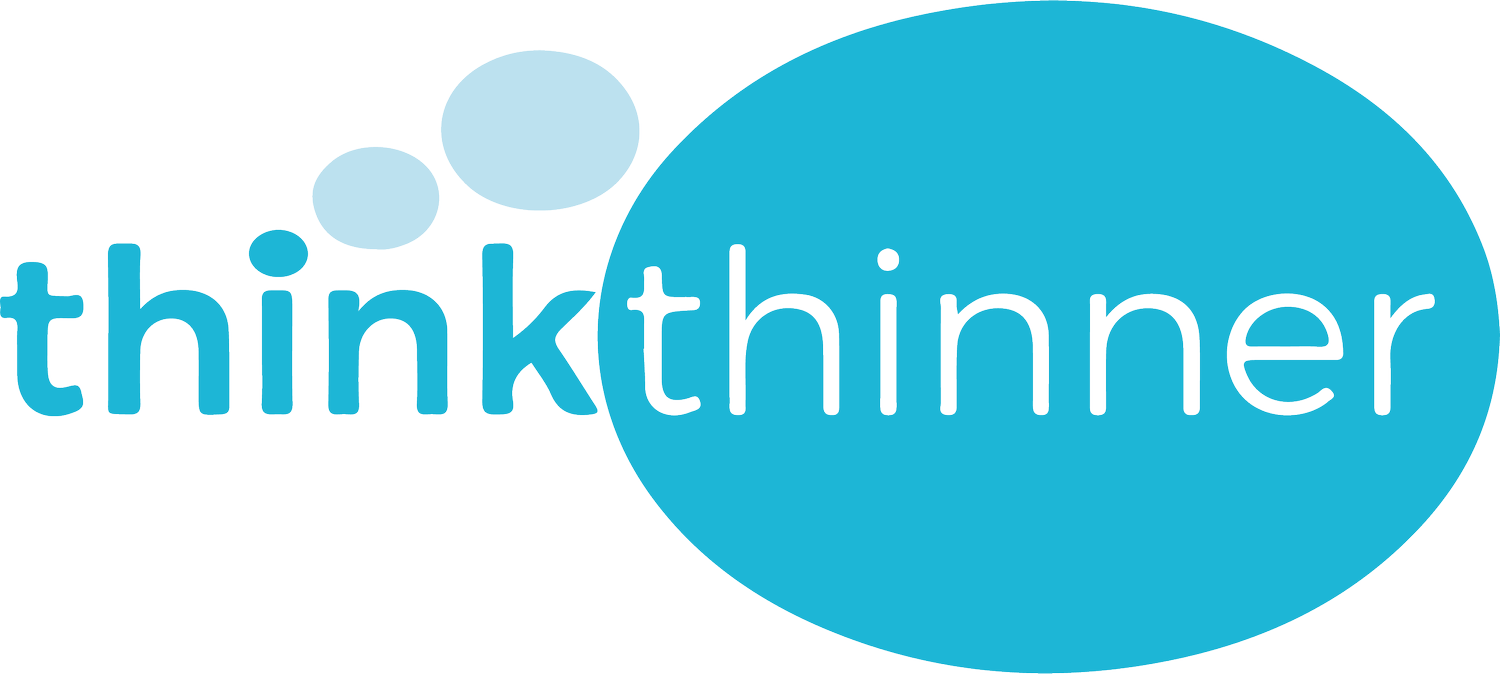The best way to fast for weight loss
To lose weight you have to be consistent and it can take a long time with the pounds dropping off very slowly indeed. This is often when clients start asking me about intermittent fasting. On the surface it seems like a good trade. In exchange for cutting down the time during the day when you eat (known as the eating window) you get to eat what you want and still lose weight – what’s not to like?! The problem is that although reducing the eating window often means fewer calories consumed, it is also important for weight loss to look at where those calories come from. All calories are not created equally and 200 calories of oats will have a completely different effect on your body compared with 200 calories of chocolate.
But aren’t there health benefits to fasting? I hear you ask. A lot of evidence for these health benefits is anecdotal meaning that it based on individuals reporting improvements rather than scientifically proven. Although research does show a positive impact on health, these studies are carried out on mice. Human trials in this area are relatively new and on a small scale.
So what should I do to lose weight? Before turning to fasting – work on these key skills which will set you up with healthy eating habits for life:
• Eat three meals a day and cut down on or cut out snacks
• Don’t eat late in the evening
• Only eat when you are physically hungry rather than emotionally hungry (when you eat to change how you feel i.e. tired, stressed, angry, frustrated, bored)
Being consistent with these three habits will bring about more weight loss success than fasting believe me!
I’ve worked on my healthy habits – now can I try fasting?
The type of fasting that I would recommend is more an eating pattern than a diet and is called TIME RESTRICTED EATING.
The idea here is to extend the time frame from when you last eat in the day to when you start eating again the following morning. The optimum time for this is 12 hours, meaning if you finish your dinner by 7pm one day then you don’t eat again before 7am the following morning. This method doesn’t change what you eat, but when you eat, and is fairly easy to incorporate into your daily eating routine.
The benefits of this method of eating are:
1. Better digestion – During the evening melatonin is released to prepare your body for sleep. Your digestive system starts to move into its resting phase and eating food at night places your system under stress as it is not designed to digest food during this phase. Having a 12 hour fasting period requires you to finish your evening meal before this resting phase has commenced so your body is more able to digest it effectively.
2. Cell repair – When we don’t eat for several hours the liver stops secreting glucose into the blood stream and instead uses the glucose to repair cell damage.
3. Fat burning – During the fasting period your body starts to enter fat burning mode. Rather than burning up the glucose in your blood stream the body can use up the fat stored in places around your body, like the liver.
Are there any adults who shouldn’t try fasting? If you have type 2 diabetes or are on any blood sugar lowering medications then you should talk to your doctor before you go for prolonged periods without eating. Others who should not fast include those who should not be trying to lose weight because they suffer from an eating disorder, are pregnant or breastfeeding.
Need some help? If you are trying to lose weight and considering time restricted eating I would recommend forming a comprehensive plan with a qualified weight loss coach.
Further information



